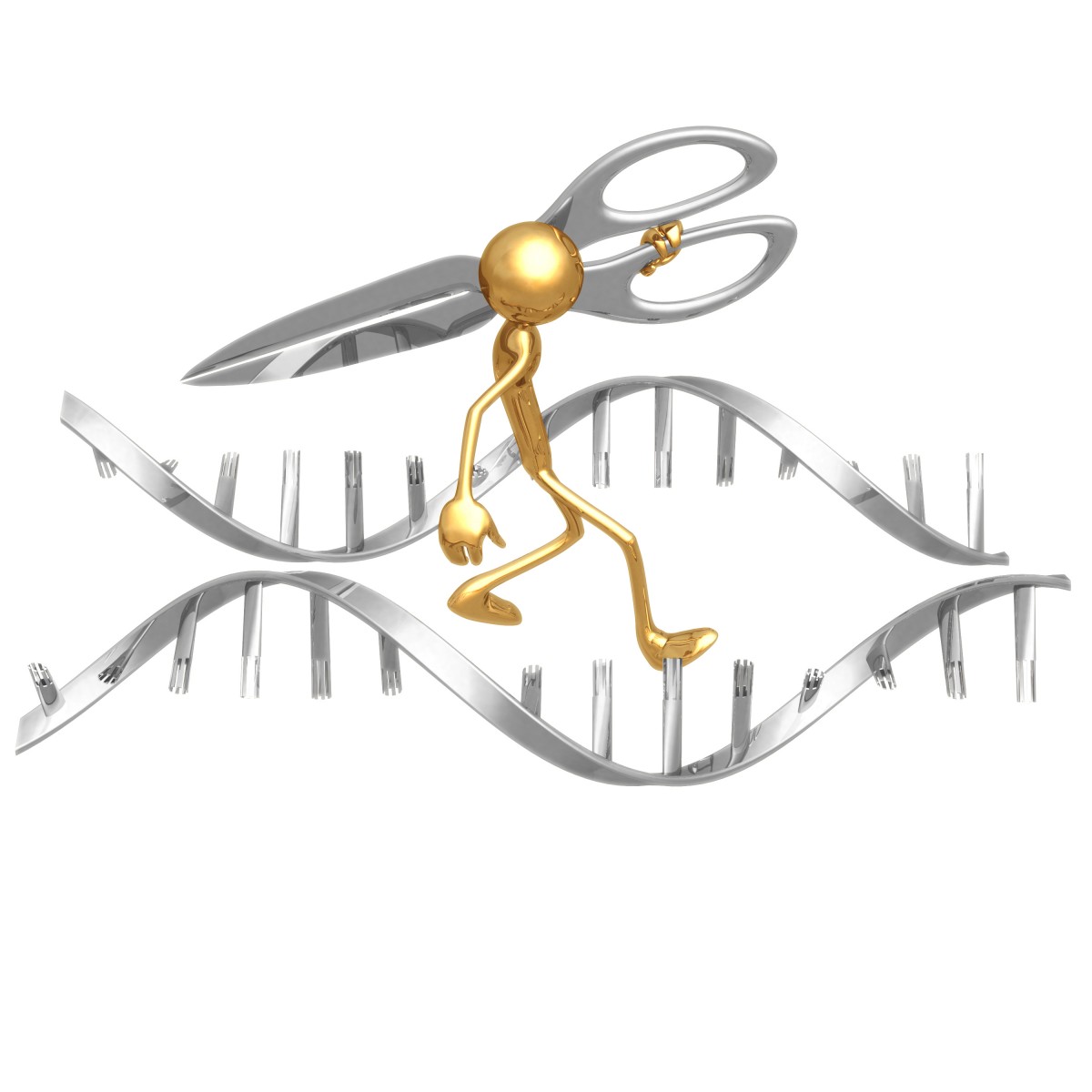Initial Results of Ongoing Study of AVXS-101 in Spinal Muscular Atrophy Type 1 Presented at World Muscle Congress
Written by |

AveXis, Inc. has recently presented results from its ongoing Phase 1/2 trial of AVXS-101 for the treatment of spinal muscular atrophy (SMA) Type 1 during the International Congress of the World Muscle Society in Brighton, United Kingdom.
Lead investigator Dr. Jerry R. Mendell, director of the Center for Gene Therapy at The Research Institute at Nationwide Children’s Hospital (NCH) in Columbus, Ohio, described initial results of the on-going trial, reporting that all patients had an improvement in motor function assessed with The Children’s Hospital of Philadelphia Infant Test of Neuromuscular Disorders (CHOP-INTEND), an assessment tool that evaluates motor skills in SMA Type 1 patients. According to Dr. Mendell all patients had improvements in the CHOP-INTEND scores. The results also revealed greater improvements in the mid-dose treatment cohort and modest improvements in the low-dose treatment cohort.
Preliminary data showed that AVXS-101 was well-tolerated and safe. A total of five serious adverse events were observed throughout the study, with a total of three SMA Type 1 patients developing infections in the upper respiratory tract, which were considered not related with the treatment. Two patients (one in each cohort) had an increase in liver enzymes; however, this situation was resolved with steroid administration. “These initial observations in safety, survival and motor function are compelling and encouraging in all patients to date in this Phase 1/2 study, suggesting that AVXS-101 appears to be a promising treatment for patients suffering from SMA Type 1,” Dr. Mendell stated in a news release.
The open-label 1/2 clinical trial, with nine enrolled participants, aims to examine the efficacy and safety of AVXS-101 in SMA Type 1 patients. The study primary endpoint is drug tolerability and safety, with secondary endpoint accounting for time from birth to an “event.” The exploratory trial endpoints include muscle assessment analyses evaluated with the CHOP-INTEND score.
AVXS-101 is viral gene therapy, which means that a vehicle, or viral vector, will carry a particular gene (known as a transgene) into the cells of the body. The technical name of AVXS-101 is self-complementary adeno-associated virus serotype 9 (scAAV9), and it carries the cDNA of the human survival motor neuron (SMN) gene under control of a cytomegalovirus (CMV) enhanced chicken beta-actin hybrid promoter (CB), also known as scAAV9.CB.SMN.
Proximal spinal muscular atrophy (SMA) is an autosomal recessive disease caused by a genetic defect in the SMN1 gene, which encodes SMN, a protein widely expressed in all eukaryotic cells. SMN is necessary for survival of motor neurons, as diminished abundance of the protein results in loss of function of neuronal cells in the anterior horn of the spinal cord and subsequent system-wide muscle wasting (atrophy). SMA manifests itself in various degrees of severity, all leading to progressive muscle wasting and mobility impairment. Proximal muscles and lung muscles are affected first. Other body systems may be affected as well, particularly in early onset forms.



